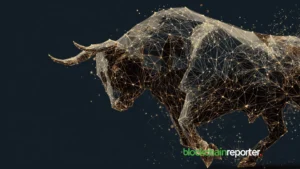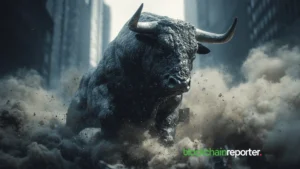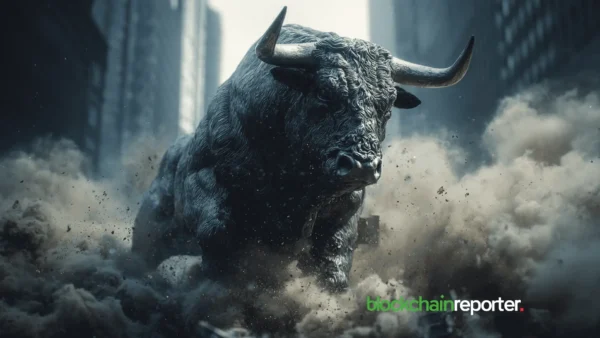
ASIC has put off the Australian financial services (AFS) license of FTX (the troubled crypto exchange). On the 11th of November, the firm got into voluntary administration while the span of AFSL’s suspension is till May (6 months in total) of the coming year. Nonetheless, in the meantime, the crypto exchange is permitted to offer those financial services at a limited scale that deal with the dismissal of the present derivatives.
FTX Australia’s License Gets Suspended by ASIC
For the voluntary administration of FTX Express and FTX Australia, Korda Mentha (which is an exchange of digital currency not regulated on the behalf of ASIC) has been directed to provide its services. In the jurisdiction of the US, West Real Shires Services (operating under the title FTX US), FTX Trading, and the rest of the associated firms have additionally started voluntary proceedings in line with the US Bankruptcy Code of the United States.
On the 23rd of September 2021, FTX Trading turned into the chief holding firm under FTX Australia. In advance of FTX Australia’s suspension, its license allowed the entity to offer general advice and develop a market targeted on derivatives as well as foreign exchange-related contracts to facilitate wholesale and retail consumers. For the review of the decision made by ASIC, FTX Australia has the right to call the Administrative Appeals Tribunal.
It’s Difficult to Notice Risk Management Issues from Outside, Says Monochrome CEO
ASIC is persuading the consumers dealing with FTX Australia to cautiously observe the circumstances and take an eye on FTX Group’s updates, along with those made by the administrators of FTX Australia. A letter was sent to staff regarding the catastrophe of FTX and, in that letter, Jeff Yew (the chief executive officer at Monochrome) noted that the regulation of the digital currency exchanges (DCE) counts as in its early phases. As per the executive, there is no method to check out risk management-related issues from outside.
Dissimilar to conventional finance products like an ETF or a managed fund, if a decline is witnessed in the case of a DCE, the investors are deprived of their assets on the venue. This is because there had been no legal privilege given to them toward the respective assets to start with. In this way, they turned into unsecured creditors, but the majority of Australian crypto investors do not know this.








